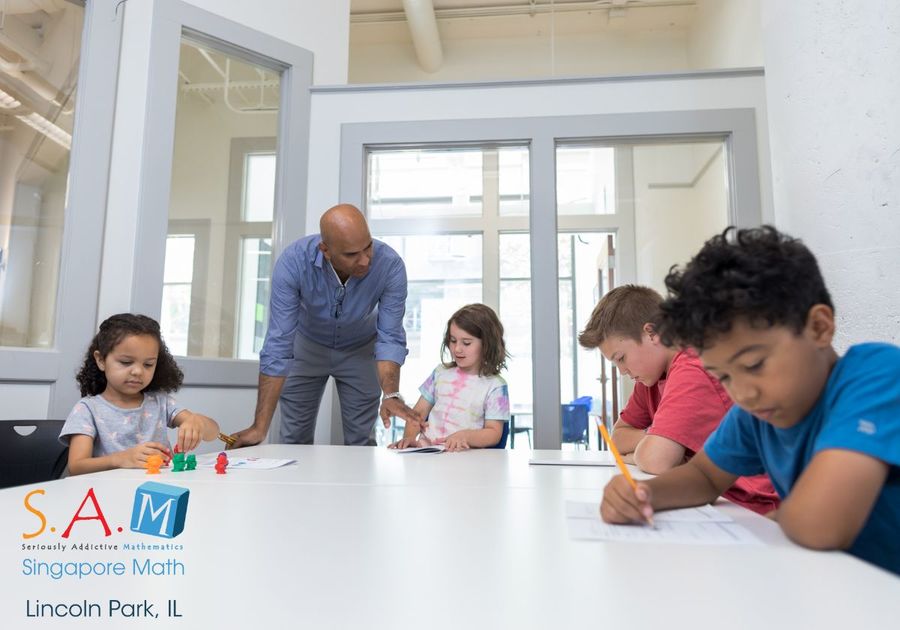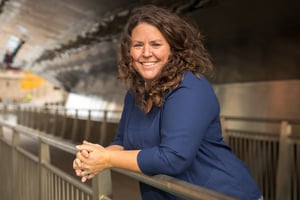Math intimidates me and has ever since I was in elementary school and that intimidation grew as I got older. I could solve a problem, but couldn't tell you why I solved it the way I did. I definitely couldn't carry over what I did with pencil and paper in class into a real-life situation later. Luckily I am now married to a math whiz, but we are also raising two kids and I want them to have that understanding of math that I never had. Math has an importance far greater than solving for "x" on a worksheet. We use math skills daily in tasks such as managing your finances, managing your time, cooking a meal, and traveling PLUS it's a great workout for your brain that helps to strengthen your critical thinking skills.
So if you have a child who doesn't like math, declares it useless, and doesn't understand why they need to learn it, don't throw up your hands in defeat.
Instead, allow me to introduce you to Chicago's secret mathematics weapon, S.A.M. Lincoln Park!
What is S.A.M. Singapore Math?
Back in the mid-1990s, Singapore Math started gaining attention in the United States when Singapore students placed 1st place in the TIMSS survey which compares achievement in math and science around the globe. Based on Singapore Math, Seriously Addictive Mathematics (S.A.M.) award-winning curriculum and pedagogy is the most relevant and comprehensive math enrichment program available today. Our program is designed to engage, build confidence, and accelerate math learning by exposing children to incremental and varied problems. Students are able to learn at their own pace through an individualized "Step-Up" process that is thoughtfully prescribed by a qualified S.A.M. trainer.
Each student is engaged one-on-one in small classroom settings (maximum of 6:1) to ensure that the concepts are well understood. Teaching methods emphasize self-discovery by asking probing questions that allow the students to think towards the solution as well as articulate their thinking. This not only builds confidence in Mathematics, but children also develop "metacognition" - an understanding of how they learn best.
A report by the Organization of Economic Co-operation and Development, which conducts the triennial PISA (Program for International Student Assessment) benchmarking survey to evaluate education systems around the world noted:
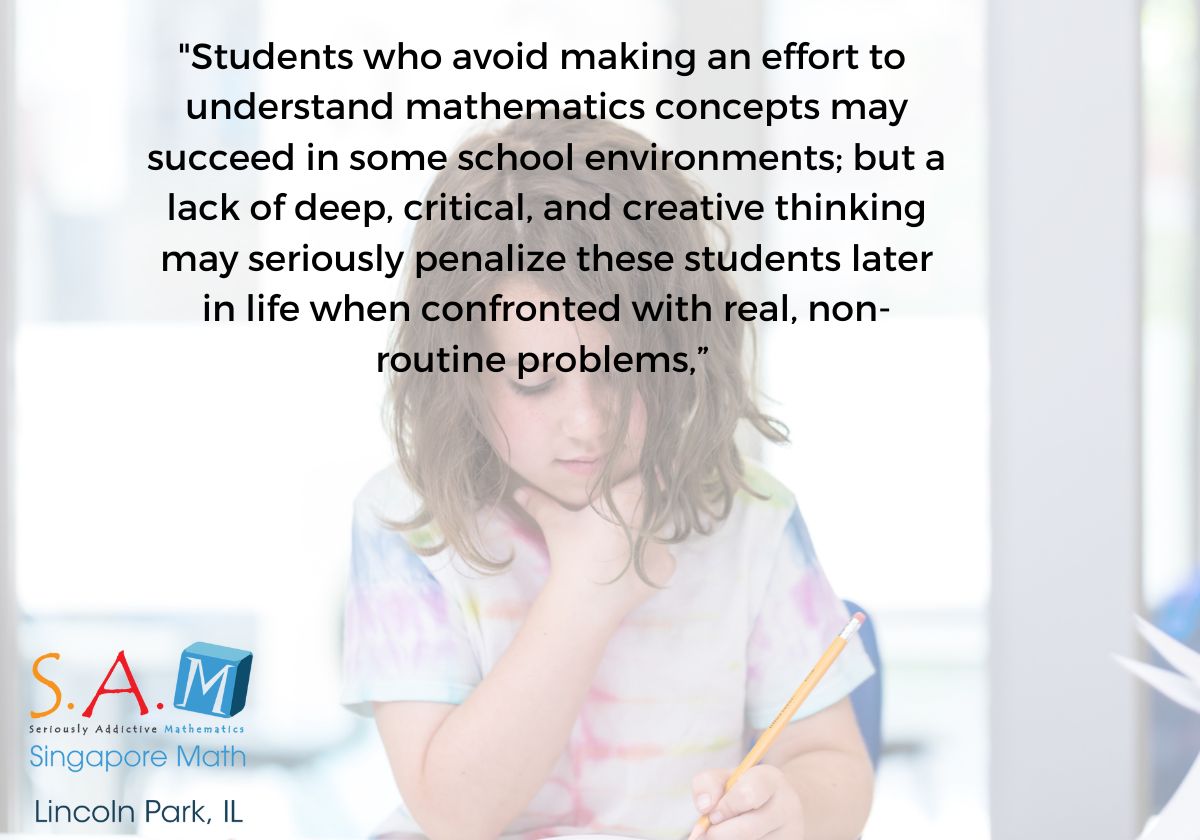 |
As an example, a young student may have mastered the "procedure" to solve the following problem:
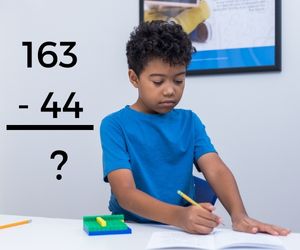 |
But, when the same problem is presented in the following way, where the student needs to find "X", it can trip the student up.
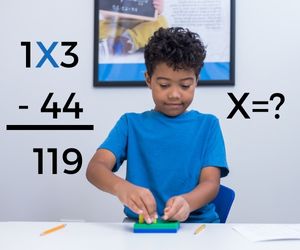 |
The teaching of mathematics, instead of focusing on memorization procedures, should focus on
- Deep conceptual understanding
- Creatively applying these concepts in varying situations
For the problem above, if the student had mastered the concepts of place values, values, and the meaning behind the steps in subtraction, it becomes more of a creative problem-solving exercise instead of applying a learned procedure.
This, in a nutshell, illustrates the success of Singapore Math.
How Do We Know it Works?
Singapore Math was developed by the Ministry of Education (similar to our US Dept. of Education) with the specific goal of broadly improving math education among its student population. It encompasses the content and structure of the curriculum as well as methods of teaching this curriculum. Both aspects are informed heavily by academic research on how students learn and engage effectively. Much of this research comes from the USA. Singapore Math is reputed to be one of the most successful national programs in the world, according to the TIMSS (Trends in International Math & Science Study) survey.
Aside from the headlines that Singapore Math students have consistently been ranked at the top for 30 years, the more interesting statistic is that more than 50% of Singapore students score at or above the "advanced" benchmark, which is defined as, "Students can apply their understanding and knowledge in a variety of relatively complex situations and explain their reasoning."
This statistic, above all, illustrates the effectiveness of the Singapore Math curriculum and teaching methods.
How Can I Help my Child Learn Math?
Most parents understand that learning a musical instrument or a sport requires consistent practice. Math is no different. Instilling discipline by having the child dedicate some time every week to practice (aka 'homework') is perhaps the most important step to ensure success. Aside from discipline, some other useful tips are:
Most parents understand that learning a musical instrument or a sport requires consistent practice. Math is no different. Instilling discipline by having the child dedicate some time every week to practice is perhaps the most important step to ensure success.
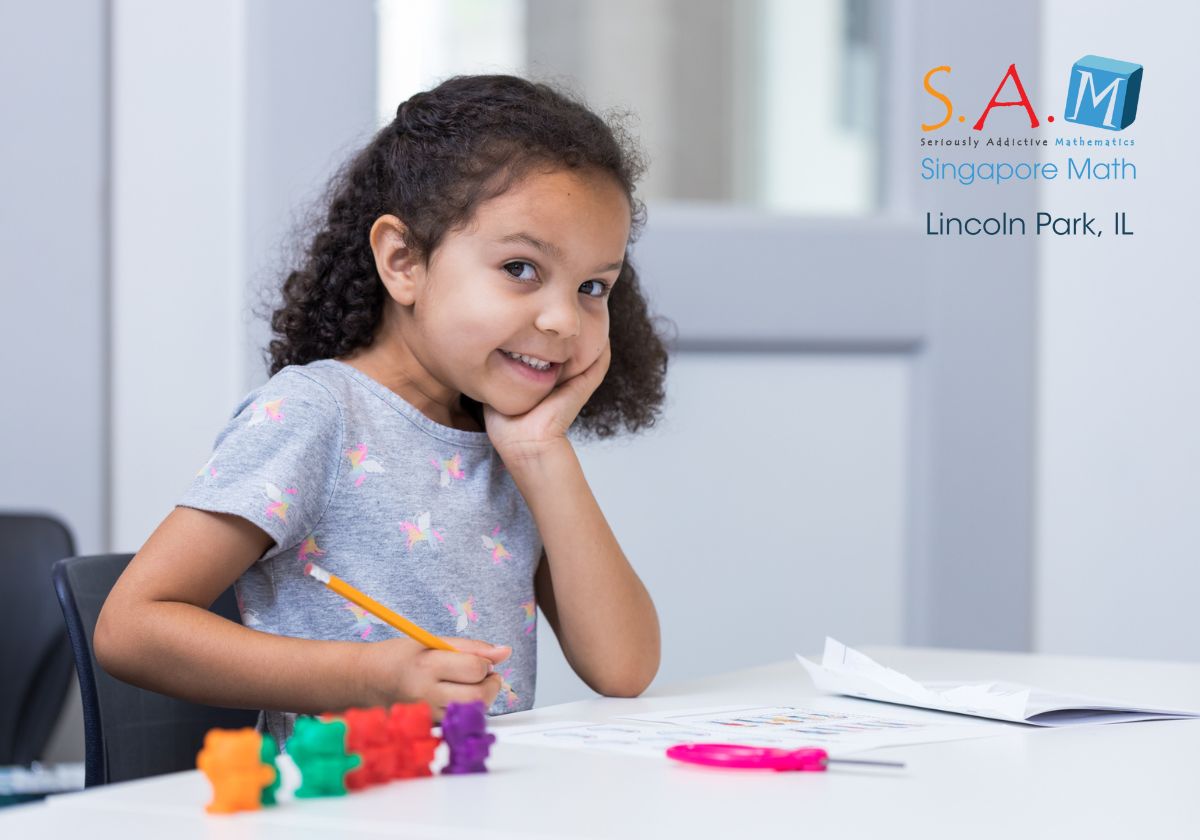 |
Aside from discipline, some other useful tips are:
- Ask open-ended questions that will allow your child to articulate what they have
understood and what specifically they have not. Do not solve the problem for them.
Rather, have them discover their own solution if possible. - Use manipulatives to illustrate underlying concepts. Manipulatives are usually useful
for younger kids to associate concrete objects with abstraction. - Simplify with simpler examples. For example, “___is 23 less than 45” might be hard
to comprehend. But “___ is 3 less than 5” is easier to wrap your head around. - Adopt a holistic approach. For example, comprehension is an integral part of
learning math (think word problems). If your child needs more practice in reading
and comprehension, invest time and effort into that. - Contact S.A.M. Lincoln Park to schedule an assessment and find out how they can help
Want more information? Contact us today by email or by calling (773) 442-2557
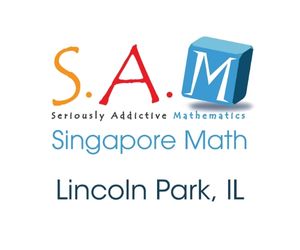 |

